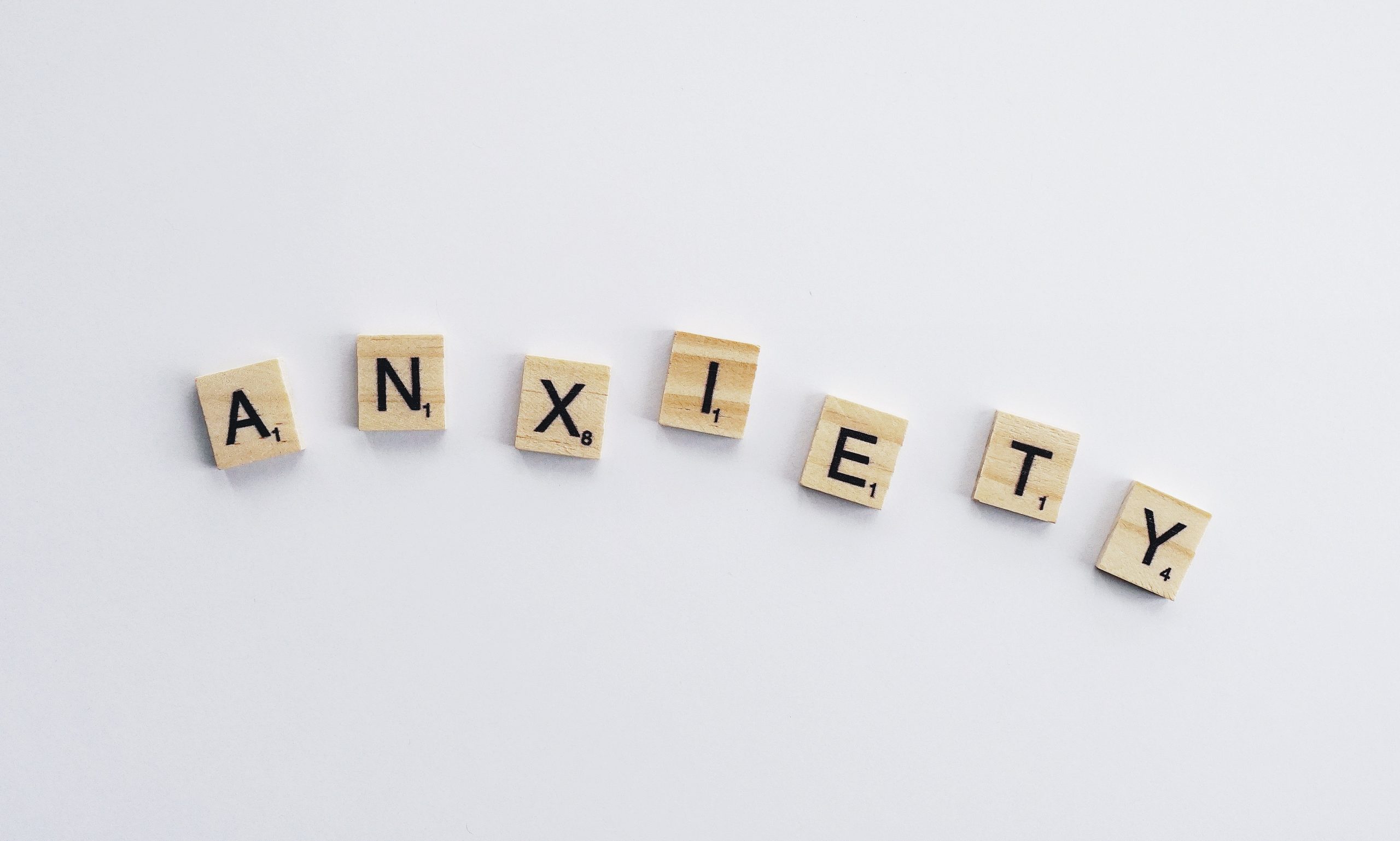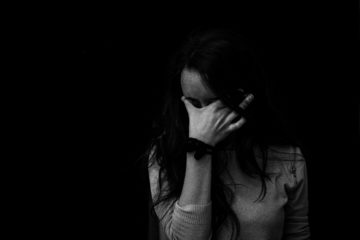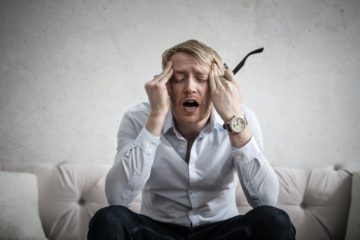What Does Anxiety Feel Like? Look For These Common Symptoms of Anxiety Disorder

Am I suffering from anxiety? Do I have an anxiety problem? What are the signs of having an anxiety disorder? These are just some of the commonly asked questions when people start feeling distressed and worried. A lot of times, you might feel confused if it’s normal to feel these emotions or if you already need to seek professional help.
Anxiety is defined as having persistent or excessive fear and worry about everyday situations. Being anxious is a typical human experience and it is quite normal to feel anxious especially when you are facing an important event in your life like a job interview, an examination, or problems about your relationships. Once the event you’re being anxious about is over, the anxiety often passes as well.
Contact Us Today for a Confidential Assessment.
Call (877) 959-5909 Now to Speak with a Specialist
However, some people’s anxiety problems are so severe that it already interferes with their ability to function every day. When this occurs, it is often referred to as pathological anxiety. Anxiety can be very overwhelming and disabling for many people that they need professional attention. Many people who are struggling with substance addiction also suffer from anxiety disorders.
While the signs of being anxious differ from person to person, one way to check if you are undergoing anxiety is by evaluating how it affects you mentally, emotionally, physically, and behaviorally. When you are able to understand how it affects you in different ways, you can better gauge whether you need help for your anxiety.
How it affects your thoughts

In terms of how it affects your thoughts, these are the common signs:
- Irrational thoughts or thoughts detached from reality
- Poor concentration
- Being distracted
- Having mental images of the worst case scenarios
- Thinking you’re going crazy
- Attention problems
How anxiety affects your emotions
When you’re anxious, this affects the way you feel overall. However, there are times when feeling anxious is not as simple as knowing when you’re feeling happy or sad or angry. Anxiety can at times be determined when you feel a combination of different emotions. Some of the more common feelings or emotions associated with anxiety are the following:
- Fearful or terrified
- Jittery
- Edgy
- Jumpy
- Nervous
- Wound up
- Threatened
- Depressed
How anxiety affects your body

People who are suffering from anxiety disorders acknowledge that they often experience the following physical symptoms:
- Rapid heart rate or palpitations
- Shortness of breath
- Difficulty breathing
- Chest pain
- Light-headedness
- Dizziness
- Being unsteady
- Hot flashes
- Chills
- Nausea
- Choking sensation
- Upset stomach / Diarrhea
- Trembling or shaking
- Numbness
- Dry mouth
- Weakness
- Fatigue
- Tensed muscles
- Difficulty in speaking
How anxiety affects your behavior

- Frustrated
- Impatient
- Irritable
- Restless
- Agitated
- Pacing
- Being motionless
- Escape / Flight
- Avoidance of threatening situations
Should you seek medical help for your anxiety?
Again, it is important to note that just because you are anxious today does not mean you immediately need medical help. It is common for people to be anxious once in a while, especially when undergoing difficult circumstances. However, when this anxiety becomes irrational, persistent, and it is already stopping you from doing normal daily activities, then you might need to consult with a medical professional.
Before taking any anxiety medications, try some natural ways to relieve anxiety. Keep in mind that many anxiety medications such as Xanax and Klonopin should only be taken in very serious instances and only in short periods as these drugs could trigger dependence and even substance addiction.
If you are suffering from substance abuse, help is available.
Anaheim Lighthouse is a drug rehab in Orange County that specializes in dual diagnosis treatments for people struggling with substance abuse as well as anxiety and other mental disorders.
Contact Anaheim Lighthouse today for more information.













